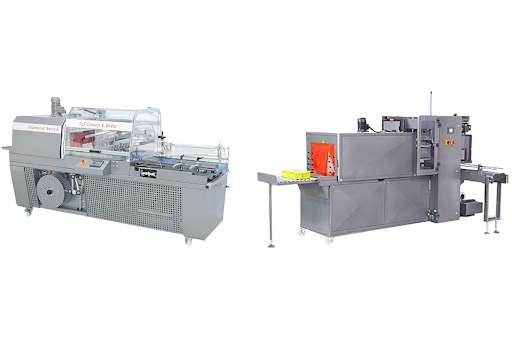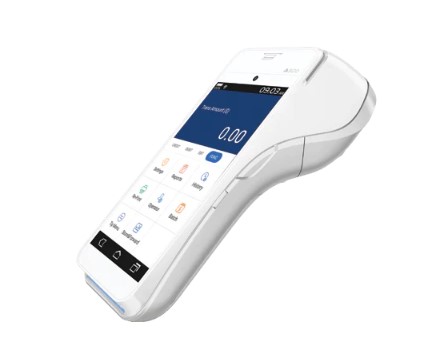[ad_1]
Leeds United Football Club (LUFC) is aiming to raise the bar in improving the customer experience for fans and visitors at its Elland Road Stadium as part of an upgrade to its existing Allied Telesis resilient network core.
The high-capacity Allied Telesis network – designed, installed, maintained and supported by NETprotocol, a platinum-level Allied Telesis partner – has been in steady operation for 15 years with no downtime, says the enterprise internet-of-things (IoT) and software-defined network systems provider.
The Elland Road Stadium has capacity for 38,000 seated fans and is England’s 14th largest football ground. From a network perspective, LUFC is challenging because it needed round-the-clock no-fail network operations for all its internal businesses within the stadium grounds, including back-office administration, call centre, hospitality and executive suites, ticketing, merchandise shop, press box, television studio and a CCTV security system that operates several hundred surveillance cameras throughout the stadium complex.
“There are so many moving parts to the network in this dynamic stadium environment,” said Mark Broadley, head of IT and facilities for LUFC. “We have to meet so many different objectives under one roof, and we have to know that everything works just the way we need it to, without fail. Having confidence in all that makes my job so much easier.”
With nearly 200 cameras around the stadium, the CCTV is a key part of the infrastructure, designed to protect the 40,000-plus fans and workers in the stadium on game days. As a failure of the CCTV system would trigger cancellation of a match, NETprotocol installed a dedicated network layer using an Allied Telesis switch that supports power over Ethernet (PoE) to each camera around the campus, further ensuring continuous operation of the security system.
The LUFC network is based on two high-capacity, diversely routed fibre connections constituting the resilient network core. The network covers not only the club’s Elland Road Stadium in Leeds, but also its training ground 20km away in Thorp Arch, Wetherby.
One 20GB connection is in the main datacentre in the East Stand and one 20GB connection is in the ticket office in the West Stand. The diversely routed fibres going east to west and west to east around the stadium create a 40GB ring that is completely faultless. Connected to these two cores are several edge cabinets that run the rest of the structure.
A Vista Manager EX network management platform and the Autonomous Management Framework from Allied Telesis are run from a single pane of glass to allow centralised display of network details, status and event information, automating common tasks such as firmware updates, backups and zero-touch provisioning.
Leeds United’s network continues to be critical as more modern systems are onboarded and more services become digitised. The team’s promotion to the Premier League in 2020 prompted many upgrades in services and networking to support match day requirements for press, travelling teams, security, and more.
“Our mission-critical network operates every facet of our business – from back-office to security operations located around the ground,” said Broadley. “We put our trust in NETprotocol’s expertise and Allied Telesis all those years ago when they assured us that the network would be highly reliable. The network has run continuously since then and that is valuable to us.
“We recently increased the network bandwidth by putting more fibre into the network to support additional communications lines, such as for streaming games and interviews out over LUFC-TV. We replaced the network cores with even higher capacity connections, upgraded to the latest AlliedWare Plus operating system, and put a new management layer in place. With a single pane of glass management system over the entire network, we are able to view everything in much more detail.”
Chris Dyke, sales director UK and Ireland at Allied Telesis, added: “When we install, secure and modernise a network, its longevity is of paramount importance to us. The network at Leeds United FC is a great example of this and we look forward to our partnership lasting many more years to ensure the network continues to deliver return on investment in terms of productivity, security and, most important of all, keeping the matches going each and every season.”
[ad_2]
Source link





Most Commented Posts